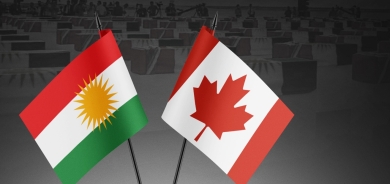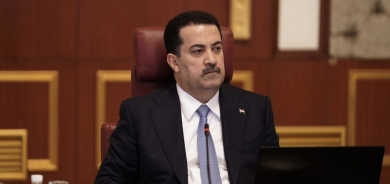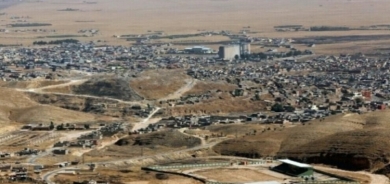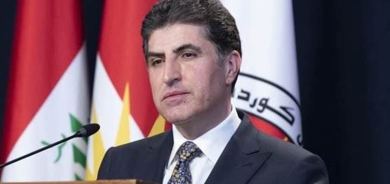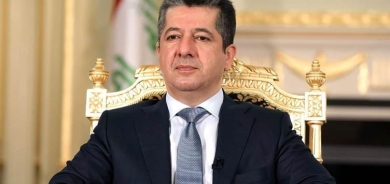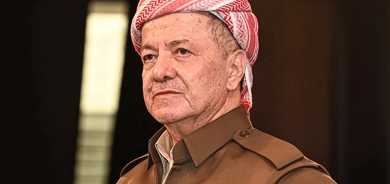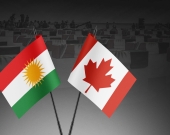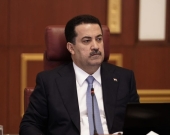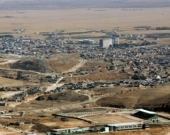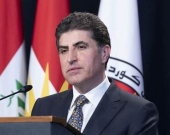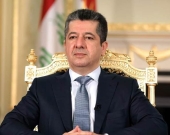British Government pledges support for Anfal Day to acknowledge the suffering of Iraq’s Kurds

Foreign and Commonwealth Minister for Middle East, Hugh Robertson MP, said in a letter to the Kurdistan Regional Government UK Representation, ‘These were clearly appalling crimes which should be condemned in the strongest terms.’
Mr Robertson, as the minister responsible for the region, was replying on behalf of the Prime Minister who had received 182 letters from the Kurdish community earlier this year, each representing 1,000 people who are estimated to have been killed in the Anfal genocide campaign in 1988. The letters called on Prime Minister David Cameron’s government to follow in the steps of the British parliament which unanimously recognised the Kurdish genocide at a debate in the House of Commons on February 28. So far, the British government has declined to do so, saying that it is matter for an international judicial body to decide whether an act is genocide.
However, Mr Robertson, his predecessor Alistair Burt and the Shadow Middle East Minister, Ian Lucas, have accepted that terrible atrocities were committed against the Kurds and have sought a way of acknowledging those crimes.
Mr Robertson said, ‘I think it is important to do more to acknowledge the suffering that Iraq’s Kurds experienced, though, and would therefore like to offer the Government’s support for – and representation at – the Kurdistan Regional government’s Anfal Memorial Day next year.’
The letter, addressed to the KRG HighRepresentative to the UK, Bayan Sami Abdul Rahman, follows a similar letter sent by Mr Burt when he was minister.
Ms Abdul Rahman responded, ‘Gestures matter and this gesture by Britain to be formally represented in the Anfal Day commemorations next year is greatly appreciated. It does not, however, answer the strong call set out in the letters that were delivered to Downing Street this year, calling for the formal recognition of the crimes as acts of genocide.
‘The letters also didn’t just mention Anfal but also the chemical bombardment of Halabja, the disappearance of 8,000 Barzanis and the killing of Faylee Kurds. We will therefore continue the discussions with the British government and continue to campaign for full recognition. In the meantime, we look forward to the British government’s involvement in the Anfal Day events next year which we hope will help raise awareness of the suffering of the victims and their families.’
The 182 letters were signed by eye-witnesses, survivors, supporters and friends of Kurdistan living in the UK, during the Anfal Day rally at Trafalgar Square on 14 April 2013 – the official day of Anfal commemoration in Kurdistan.
Each letter symbolised a thousand people killed in the Anfal campaign orchestrated by Saddam Hussein’s regime between 1987 and 1988. It was delivered to No10 Downing Street by a delegation of genocide survivors, their children, British parliamentarians and the KRG UK Representation.
The Trafalgar Square rally was one of many this year to mark the 25th anniversary of Kurdish genocide held in Kurdistan, United Kingdom, United States, and many other countries around the world.
The Kurdish genocide recognition and awareness-raising campaign was launched in the UK two years ago as a reminder of the horrific crimes that the Kurdish people were subjected to and to which the international community at the time shut its eyes.
Meanwhile, hundreds of thousands of innocent men, women and children lost their lives, thousands of villages were destroyed, and survivors were left with devastated communities and livelihoods.

